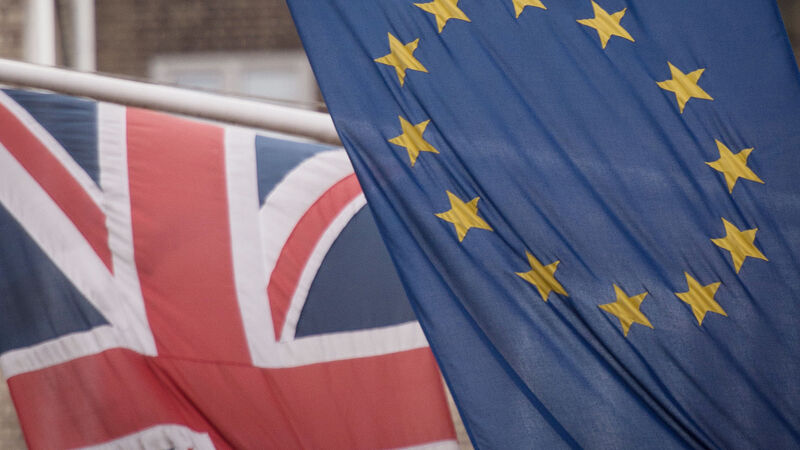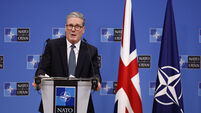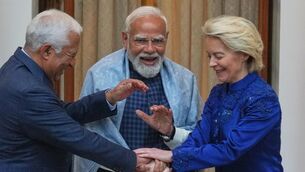Brian Keegan: Scant regard for wider industry in Brexit talks

The whole idea behind the Brexit transition period was that when the UK left the EU, as it did on January 31 last, there would be an interval of 11 months to settle the future trading relationship.
Yet, at the time of writing, with just over three weeks to go, no deal has been agreed.













